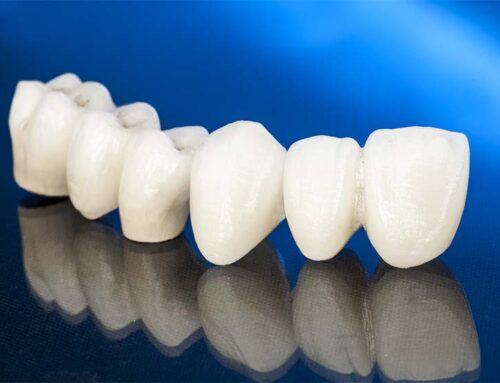Bleeding gums are the most common symptom of gum disease. But it should also be remembered that, it can also point to other health problems. Bleeding of the gums can be caused by brushing your teeth, but sometimes your gums may begin bleeding for no reason. The most important reason for bleeding is the infection developing in the gums. In cases where adequate oral hygiene cannot be achieved, bacterial plaques affect the gums as well as the teeth. Bleeding gums is one of the signs of inflammation over time. Gum diseases are caused in 70% of tooth loss in adults. Gum bleeding can also indicate more serious conditions, including:
- Gum recession
- Bad breath
- Tooth swinging
- Swelling of the gums
Bleeding may not always be caused by gum disease. Some personal factors can also cause gum bleeding. For example :
- Brushing the teeth aggressively with a hard brush
- Flossing incorrectly
- Prostheses that do not fit well
- Taking blood-thinning medications
- Smoking
- Pregnancy commonly causes of gum bleeding.
The most important cause of bleeding in the gums is gum disease, but it may also be a symptom of a different disease. Diabetes, leukemia and cardiovascular diseases can also cause bleeding in the gums. In addition, weakness in the immune system, vitamin K, vitamin C and vitamin B12 deficiencies, folic acid deficiency, genetic factors, old age and stress can also cause gum bleeding. For healthy gums, daily oral care and regular dentist checks are absolutely essential. In addition to brushing your teeth and flossing, you can prevent tooth gum disease by visiting your dentist for dental cleaning every 6 months.







Leave A Comment